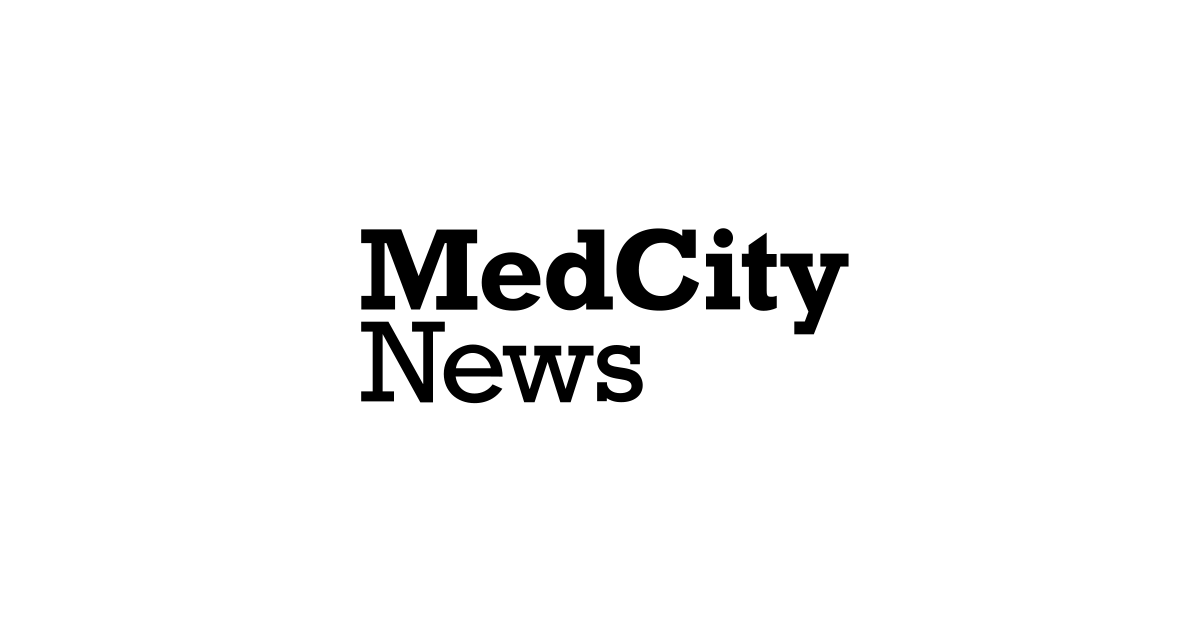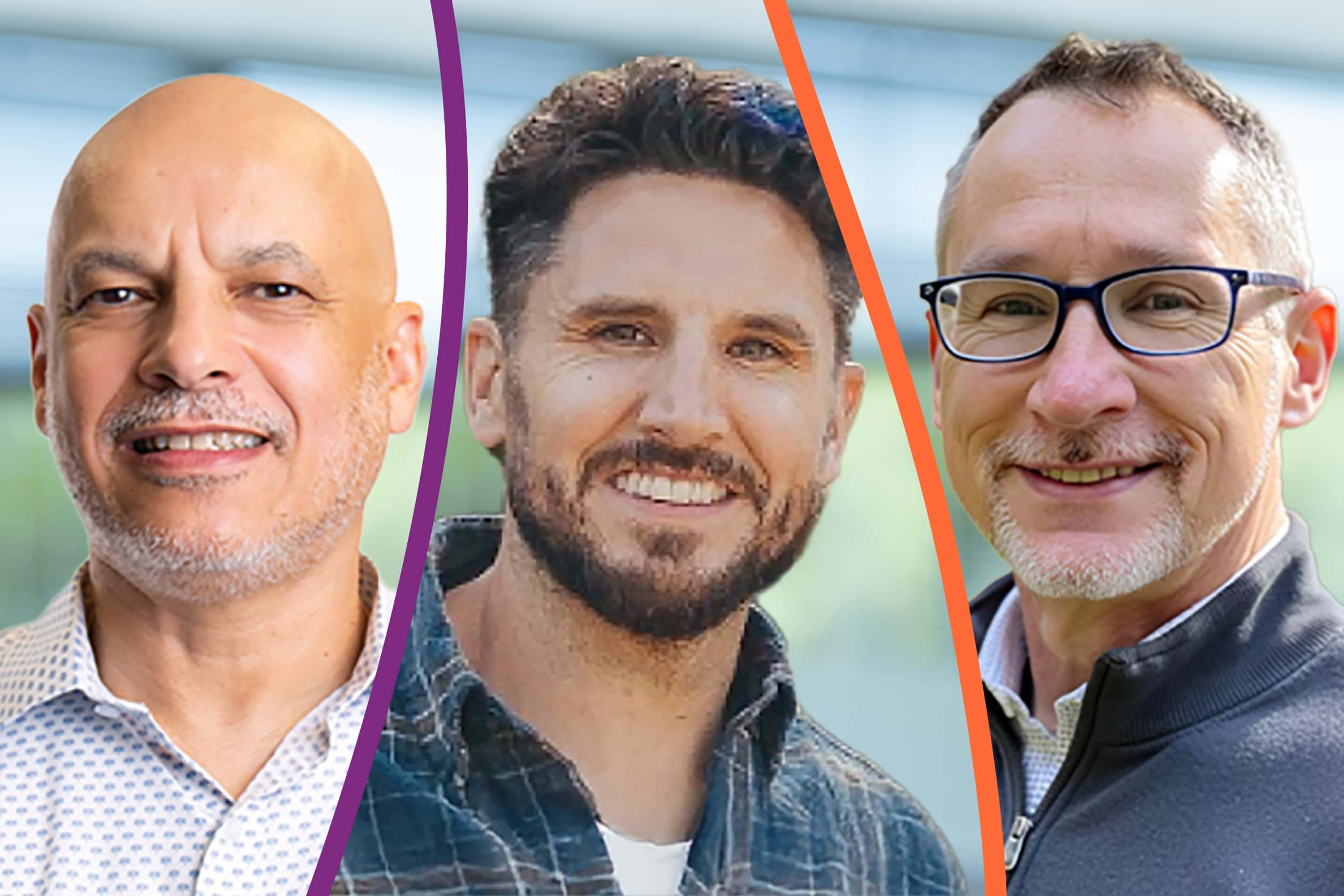
Should medical organizations still rely on local advertising agencies to run their digital campaigns?
Across nearly every industry, I think there’s a long, long history of companies deferring big marketing decisions to local agencies. The general idea is that local agencies understand local markets – such as who the primary audience is, which channels they prefer, and how to tailor a message that will resonate with their values or interests.
That’s part of the reason why there are so many marketing agencies out there (more than 60,000 if you can believe it) and why the industry is still so decentralized. Just look at companies like ReachLocal – most of that agency’s success is built on sales reps with a local presence, making clients feel secure that they understand the ins and outs of their unique market.
In the clinical world, trial sponsors have historically deferred ad buys to local investigator sites with that same rationale – they know their local market, so they’ll understand how and where to find qualified patients in their immediate vicinity.
This may have made sense in the past, but in the digital age, the argument starts to fall apart – here’s why.
Shifting Consumer Preferences
The fact that the marketing industry was built upon local expertise and connections isn’t surprising – in traditional media, both are still incredibly important. If you’re interested in purchasing air time on the radio, you need to know the most popular station and have contacts there; the same goes for print publications and local television. The only problem is that the efficacy of these advertising channels has diminished significantly in recent years.
For example, between 2000 and 2014, print newspaper ad revenue has dropped from $60 billion to $16.4 billion. And as more listeners tune into podcasts and get their music from on-demand platforms like Spotify, radio ads are reaching fewer and fewer ears.
Conversely, digital audiences are soaring. As internet accessibility continues to improve, users are flocking to prominent digital ad platforms like Facebook and Google – Google now processes more than two trillion searches each year (a 66% increase since 2012), and Facebook has over 1.94 billion users (an 18% growth rate, year-over-year).
When it comes to healthcare in particular, most local marketing firms simply aren’t going to have the capacity to run campaigns at scale, let alone the requisite technical expertise and nuanced understanding of the medical industry to maximize ROI.
New Capabilities and Tactics
The rise of digital media has generated a corresponding decline in local media. Today, the best “local” publications are actually large, national (or international) powerhouses that will tailor their messaging and content to individual local markets – for example, news platforms like Google, Yahoo, MSN, and Facebook curate users’ feeds based on interests and geographic location, among other factors.
It’s not a coincidence that Facebook and Google alone represent one-fifth of the world’s total advertising spend – that’s total, not just digital. As the dissemination of news and information becomes increasingly centralized, advertising is, quite logically, following suit.
At the end of the day, the goal of any advertising campaign is to reach the maximum amount of people within a target audience as efficiently as possible. 50 years ago, that meant investing heavily in local radio, TV, and print ads, which required help from local experts. Today, it means running digital campaigns on a variety of ad platforms, and leveraging each of those platforms differently in order to tailor ads to local markets and/or niche audience segments – which requires a different type of expertise entirely.




